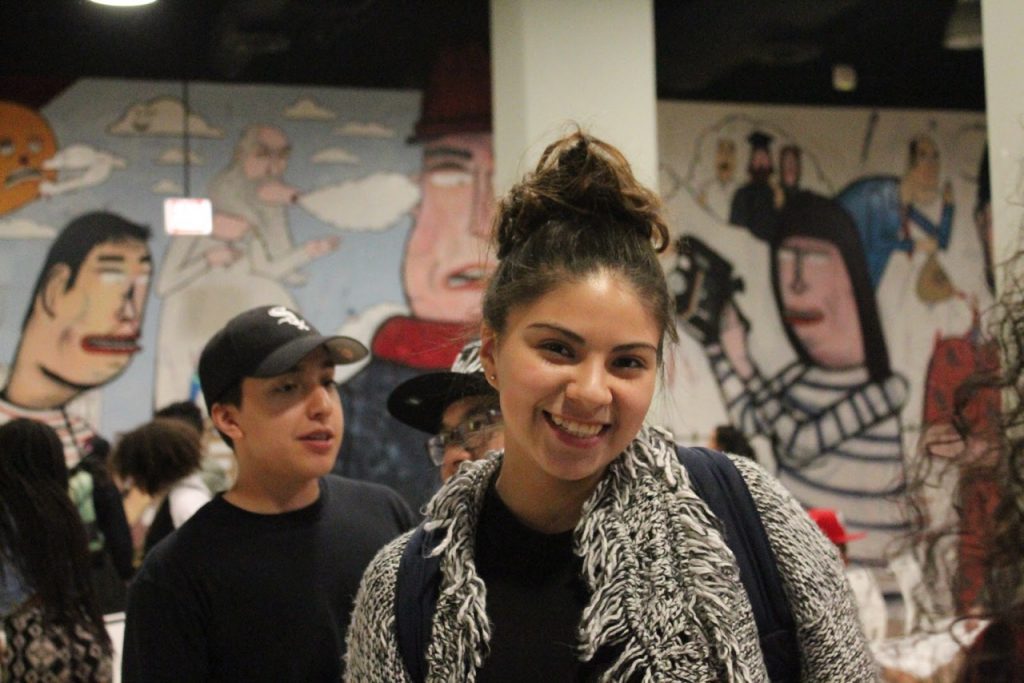
Louder Than a Bomba: A Home For Latinx Culture and Expression
By Anna Mason
photos via YCA
Thursday night Feb 22, Columbia College was alive with music and dancing. Teens and adults gathered for the first ever Louder Than A Bomba, an open mic for Latinx people.
The creation of this space has come at a much needed time for the Latinx community. Of the event, coordinator José Olivarez said, “The president has made open and very racist remarks against the Latinx community. I think in that political climate, it’s really powerful to have a gathering where we can celebrate each other and respond and resist.” A commonly stressed idea among attendees was the importance of a safe space where they could share their stories for people who understand where they’re coming from.
“I think this event is really important to the community, especially with what’s happening to a lot of Latino communities and what they’re going through especially right now. I think it’s really important for our stories to be heard,” said Lesley Casas, a senior at Dundee-Crown High School, who shared a similar perspective on the stress many communities are under and their need for a space to come together.
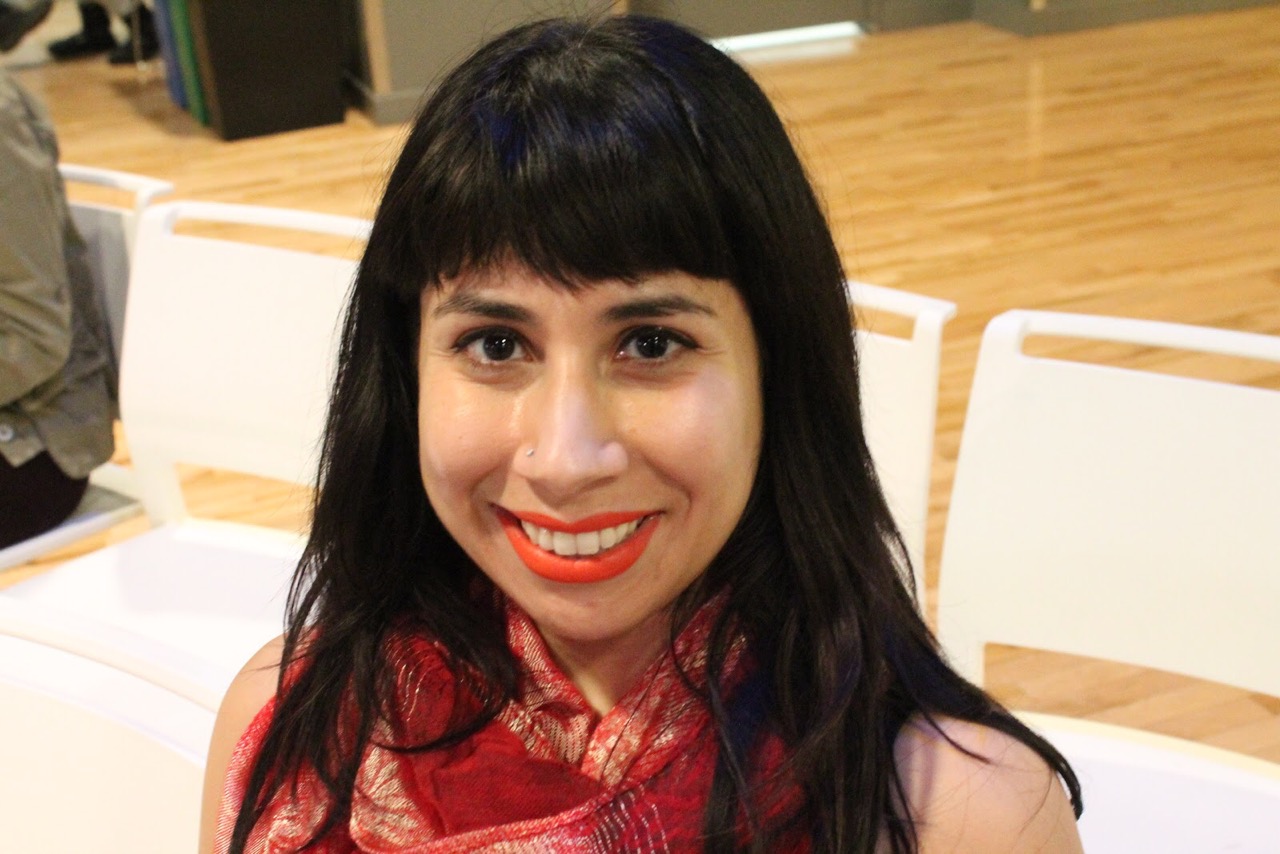
Josh Perez saw Louder Than A Bomba as a place where Latinx people can share their stories, and where others can see their own privilege and have a better understanding of how their words and actions affect others. “I think the idea of a space that’s for Latinx performers is important because when other people can come into spaces, other people may not be aware of their privilege or the space that they take up and how it makes others feel, either audience members or performers. I think this is a really good venue for that expression,” he shared.
The open mic is divided into sections by presentations. Erika L. Sanchez shared readings from her upcoming poetry collection Lessons on Expulsion, and novel I Am Not Your Perfect Mexican Daughter, which will both be published this year. Sanchez’s books deal with similar subject matter as many of the poems performed at Louder Than A Bomba. “[Both books] deal with themes of immigration, race, gender, sexuality, mental illness, and things like that, borders in general.” She spoke on how influential a space like this could have been for her growing up and why she believes it’s an important place. “It’s important for young people to have this space to express themselves and challenge the world around them and question authority.”
Sandra Delgado presented excerpts from her play “La Havana Madrid,” which is a step back in time to a 60’s club that was located at Belmont and Sheffield. Today, it has been destroyed and covered over by commercialization. Back then, it was a safe haven for recent immigrants, owned first by Cubans and later Puerto-Ricans. When her parents told her about the club and the time they used to spend there, she saw it as a perfect setting for a play. After many interviews with people who frequented the club, Sandra has created a story detailing the lives of the people influenced by La Havana Madrid.
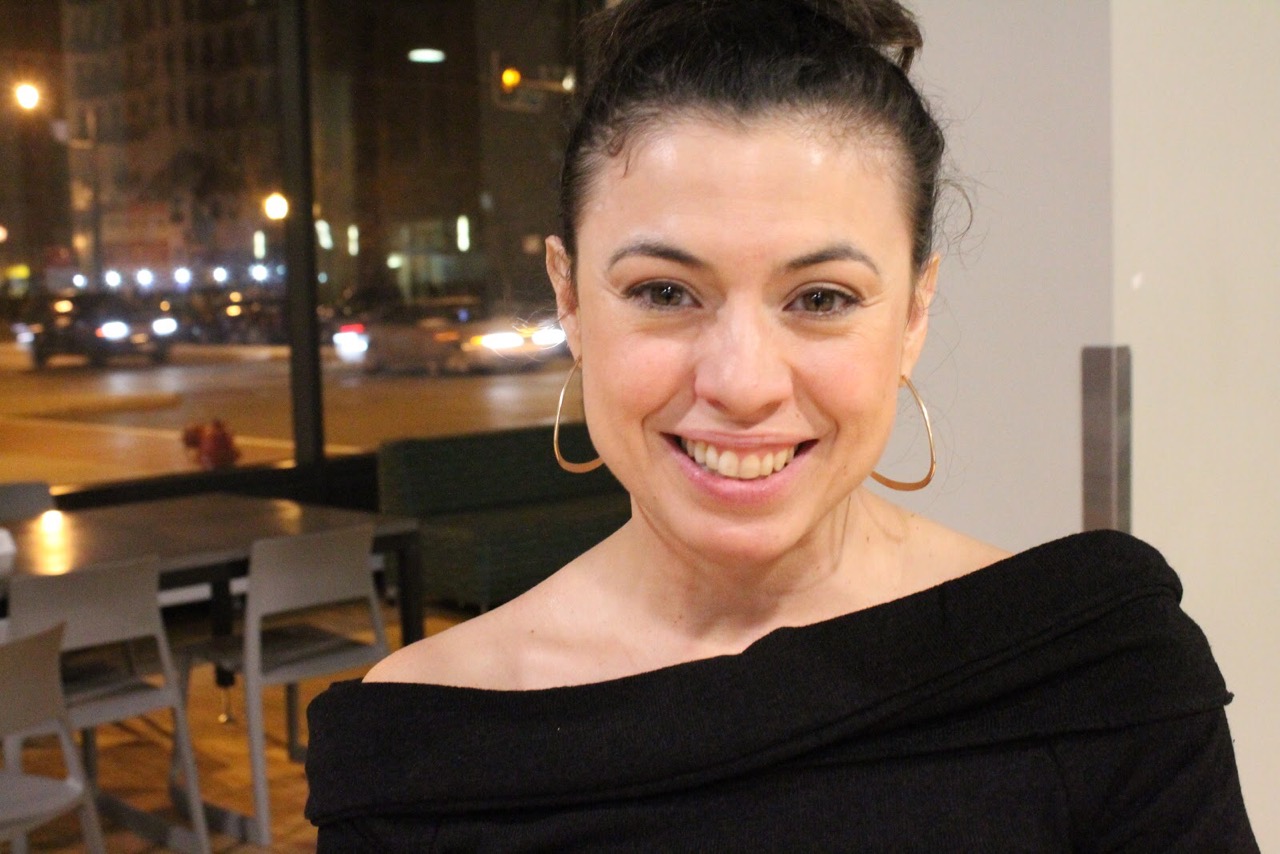
Like Sanchez, Delgado also wishes she had something like Louder Than A Bomba growing up. “I think it’s so amazing that an organization exists that cultivates the writing and storytelling in young Chicagoans. This isn’t something that was around when I was growing up, and I love specifically that it’s Chicago-based, city kids. Everyone has a story that’s important to tell, it’s just a beautiful thing. It’s such a beautiful community, such a positive welcoming community, it’s a safe place for people to express themselves.” La Havana Madrid was also a safe space for Latinx people in their time because it was a place they could come together and talk about their struggles, joys, and stories in their language.
A space to speak their Spanish is one of the major points separating Louder Than A Bomba. Asurca Rodriguez noted the importance of using a home language “In some aspects, in some places that language isn’t ‘appropriate’ because people won’t understand it. They could be saying an awesome speech, poetry, or something like that, but if it’s in a language someone can’t understand [then] it’s not going to be communicated the way they want it to. In this type of environment, where there are more people that speak the language, that message can’t be conveyed,” Rodriguez notes.
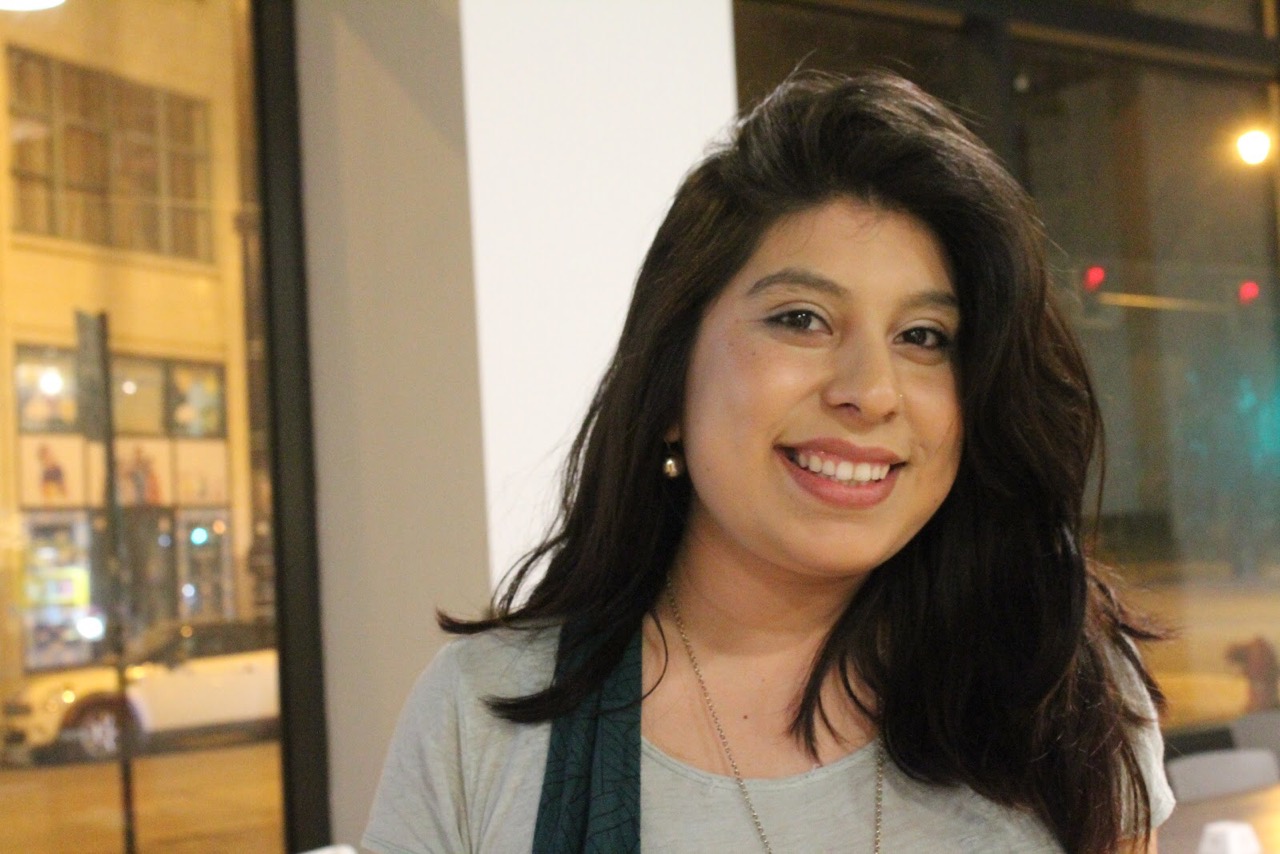
For Andrea Rico, it was about her words, along with the experiences she has in common with others in the community, “I feel like I can say some shit and people will get it. In my poem I’ll say abuelita’s canela and they’ll know what I’m talking about. They can relate to the corner store, they can relate to a guitar playing tio — people can relate to that kind of stuff in this place.”
Luz Magdaleno is a bright contrast to the bleak weather outside. She pitched her business Brown and Proud Press numerous times, never lacking in enthusiasm. Her table drew attention with the colorful knick-knacks and illustrated zines.
The subject of the press’ current zine is home. That’s what many of the people have come to find tonight, a home where they can express themselves and their culture. For Rico, Louder Than A Bomba helped substantiate her heritage. “I feel like it would be very validating for me because I’ve always been self conscious about how Mexican I present. Having this space that would validate me for my heritage means a lot to me because I’ve never had that outside of my house.”
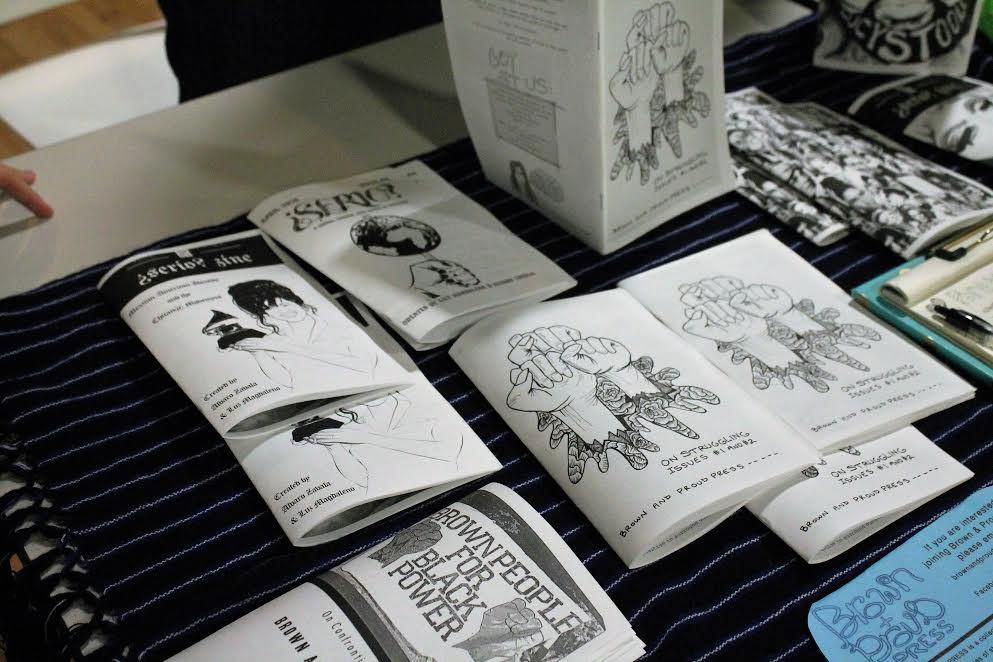
The night started with a blank list where poets could write down their names to submit their stories for a zine and by the end of the night it was full. The purpose of these zines is similar to Louder Than A Bomba in a printed format. Creators can share poetry, memories, rants, and overall stories that need to be expressed. Submissions come from across the US and focus on activism and the POC struggle. Magdaleno describes the importance of an expressive space, “It’s a platform to showcase stories and narratives that aren’t demonstrated in mainstream media. Our stories are so often ignored and not often spotlighted. Brown and Proud Press is here to showcase them.”